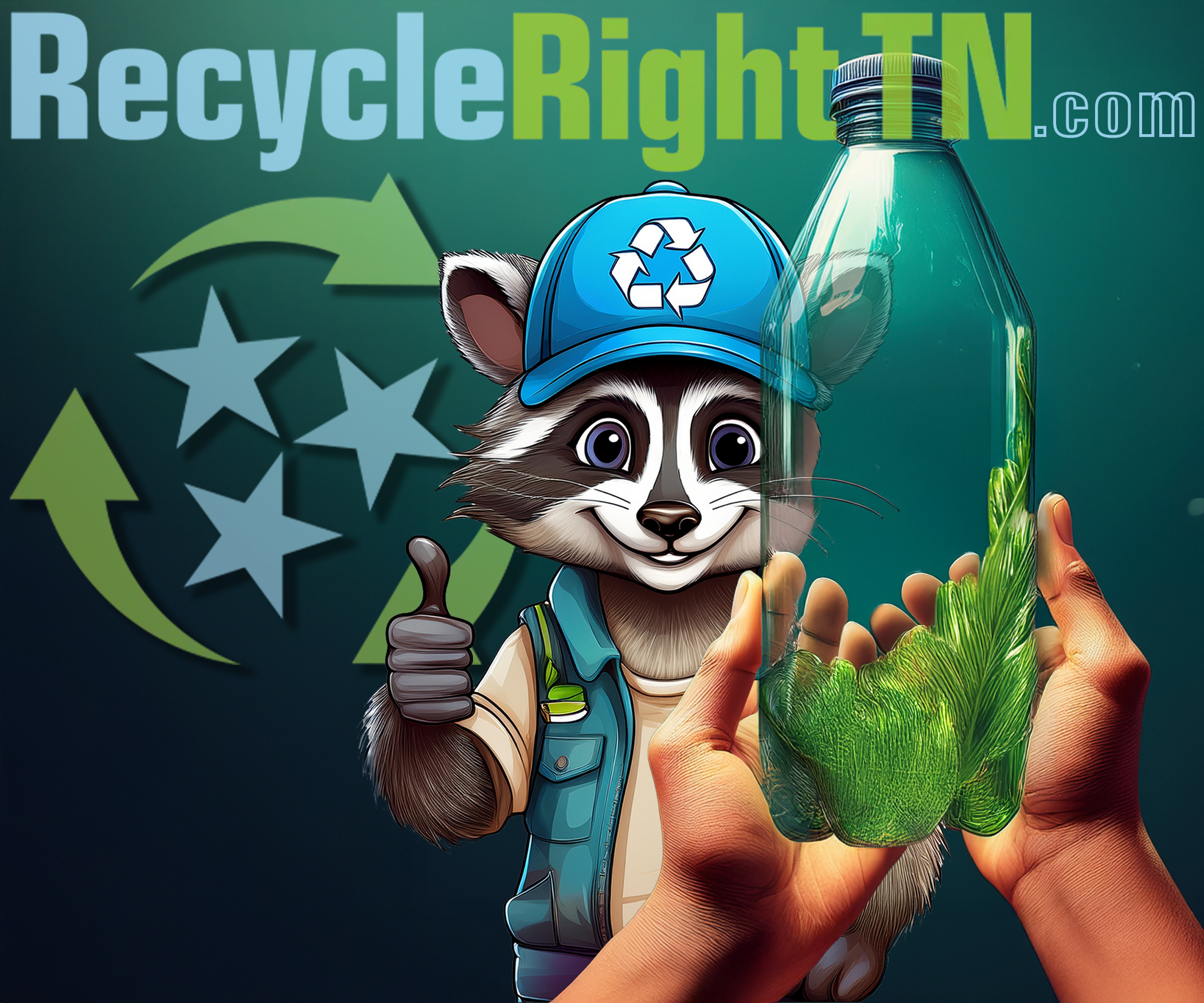When one hears words like "child abuse," usually thoughts and concerns go immediately to sexual and physical abuse.
All too often the "invisible wounds" of emotional abuse are overlooked or not as understood because these wounds do not carry physical scars, but the negative impacts can be just as devastating- and sometimes even more so.
Emotional abuse includes those types of abuse outside of a physical nature, such as verbal abuse, constant criticism and rebuking, and derisive name-calling. Tactics such as intimidation, manipulation and coercion are employed as a means to exert power and have control. Other actions may include belittling, ignoring, demeaning, scaring, rejecting, punishing, humiliating and degrading a child.
The result of this emotional abuse is that the child’s sense of self-worth is damaged, their self-esteem is diminished, and they may have many negative feelings reflective of this impaired sense of self from sadness and depression, anxiety and worry, to confusion and even anger. They may find it hard to concentrate and focus resulting in educational deficits or declines. Children may also begin isolating themselves from peers, and may draw more inward. There are also times when these children may act out in a way to exert their own control in other circumstances.
There are steps we all can take to help a child who has suffered from emotional abuse. First recognize that emotional abuse can be just as harmful and traumatizing as physical and sexual abuse. Wounds that are not "seen" are no less real for these children. Second, once these issues are identified, let the child know he or she is seen, heard and valued.
This is especially crucial by those who are helping care for the child be it parents, caregivers, teachers or other relatives. Third, help them find a safe place to explore their feelings, issues and experiences, such as a with a play therapist. Play Therapy is a specialized form of counseling where the emphasis is not on making children verbalize their experiences- as often children are not developmentally or psychologically ready to process trauma in that way, including the trauma caused by emotional abuse.
A trained play therapist will help a child explore their issues using play, through which a child can begin the journey to healing and recovery from the emotional abuse. To locate a Registered Play Therapist, just go to the Association for Play Therapy website, www.a4pt.org and there is a directory available.
Jamie Lynn Langley, LCSW, RPT-S is a Licensed Clinical Social Worker and Registered-Play Therapist Supervisor in practice for over 30 years in Rutherford County, most recently in private practice in Smyrna, TN since late 2016. She serves as the President of the TN Assoc for Play Therapy and can be reached at tna4pt@gmail.com













